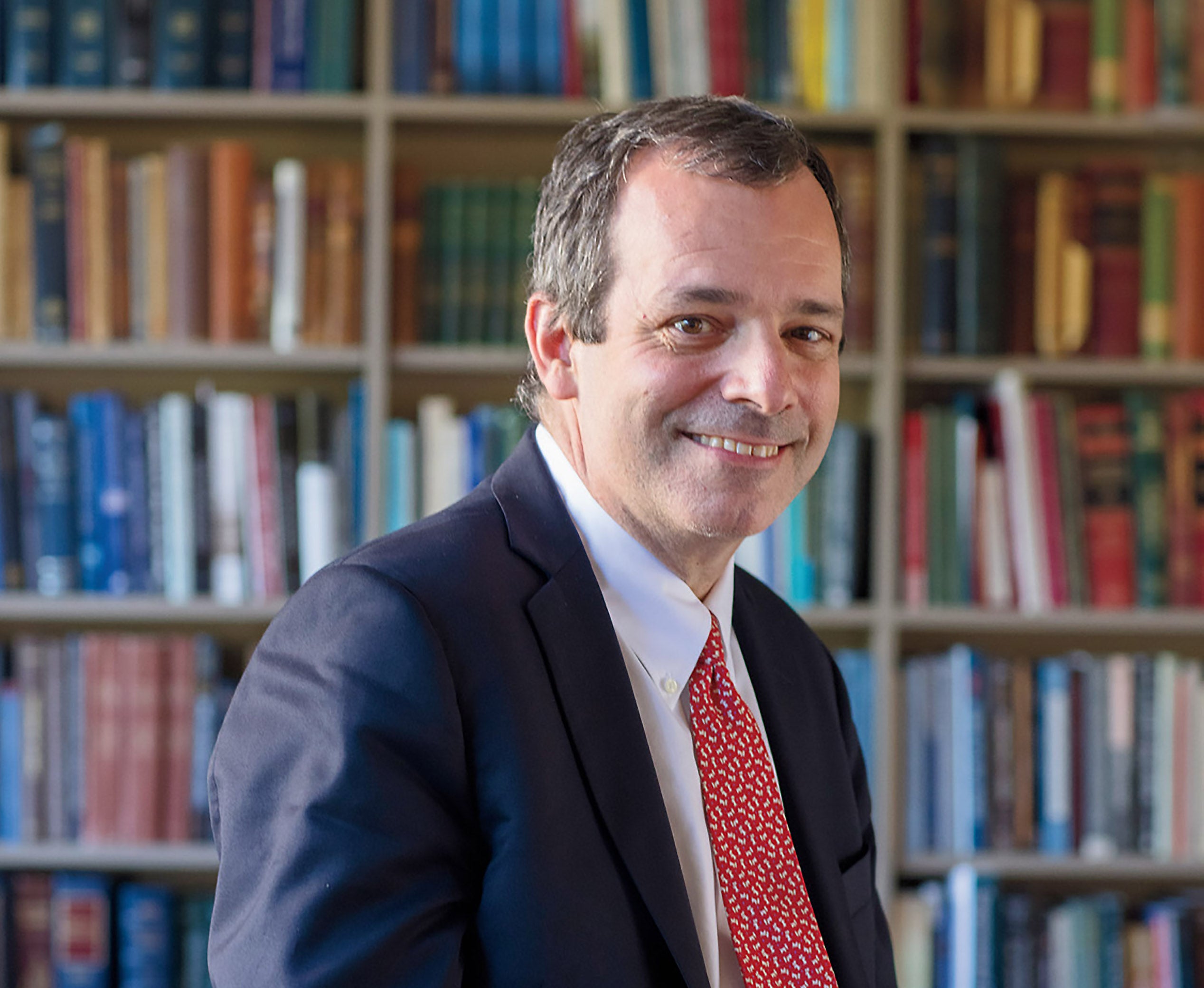As we prepare (at this writing) to return to campus for the spring term, I think of what a joy it was for the Harvard Law School community to be together again in person last fall, to experience again those wonderful chance encounters with one another in the hallways, in the Hark, or in the Crossroads. Our community showed an exceptional spirit of collegiality, generosity, and goodwill, one that was truly special. And after a January term of online instruction to allow us to adapt to the challenges posed by the Omicron variant, I look forward with excitement to returning to HLS in person once again.
Many of our faculty and staff worked tirelessly, a number of them through a long-planned winter break, to move us online for J-term and to prepare for resumption of in-person instruction this spring. I am grateful to students, staff, and faculty for their adaptability, resilience, and hard work, and to you, our alumni, for your unflagging support as we have navigated this shape-shifting pandemic. Like so many around the world in this moment, people here at HLS are tired; we have pushed this boulder up the hill again and again, with the hill a little different each time. And yet there has been something invigorating about the way our community has pulled together to fulfill our Law School’s important mission, even in hard times.
It has been vital, throughout these challenging times, to keep a steady focus on the future and on the ways this Law School can best contribute, and best prepare our students to contribute, to a world that badly needs great lawyers to advance truth, law, and justice — the ideals that emblazon our new shield and inspire our work together.
A central value that ties our alma mater’s past to the future is a commitment to innovation — to seeking, always, new and better ways of educating great lawyers and leaders. It is reflected in the school’s trailblazing adoption, in the late 19th century, of inductive learning, the case method, and Socratic training. It is reflected in the founding, in 1913, of the Harvard Legal Aid Bureau, the nation’s first student practice organization dedicated to providing legal services to the indigent and a model for modern clinical education. And it is reflected in the culture of perpetual, mindful, fact-based self-examination, learning, and curricular innovation that my predecessors and our faculty have established as our steady state.
Especially powerful are ongoing conversations with you, our alumni, and other lawyers in public interest, government, private practice, finance, entrepreneurship, nonprofits, and more. Nothing could better inform the important work of examining how best to equip our students to meet the challenges and opportunities that lie ahead in a rapidly changing profession and world.
We build always on the great tradition of teaching the powerful analytical, problem-solving, question-asking skills long associated with “thinking like a lawyer.” We can and should also cultivate other skills and superpowers that superb lawyers and leaders must have, now more than ever. In a profession that serves people, great lawyers and leaders must have empathy and humility. They must not be afraid to make mistakes. They must listen generously, even and perhaps especially to those with whom they disagree. They must be alert to, and seek, unexpected alliances in aid of the clients and causes they serve. In a world so dependent on facts and data, lawyers must have the critical capacity to use, and to question, empirical and statistical data and the way it is collected and deployed, including through the powerful technologies driving artificial intelligence. And with many audiences to reach, great lawyers and leaders must know how to write clear, direct prose, free of legalese.
There is much to learn, and much we hope to contribute, as we help prepare the third century of Harvard lawyers to lead lives of purpose and meaning and to further the advancement of the rule of law, equal justice, due process, and constitutional democracy. Thank you for your past and future engagement and support as we work together to help shape the future of our alma mater and of legal education.
